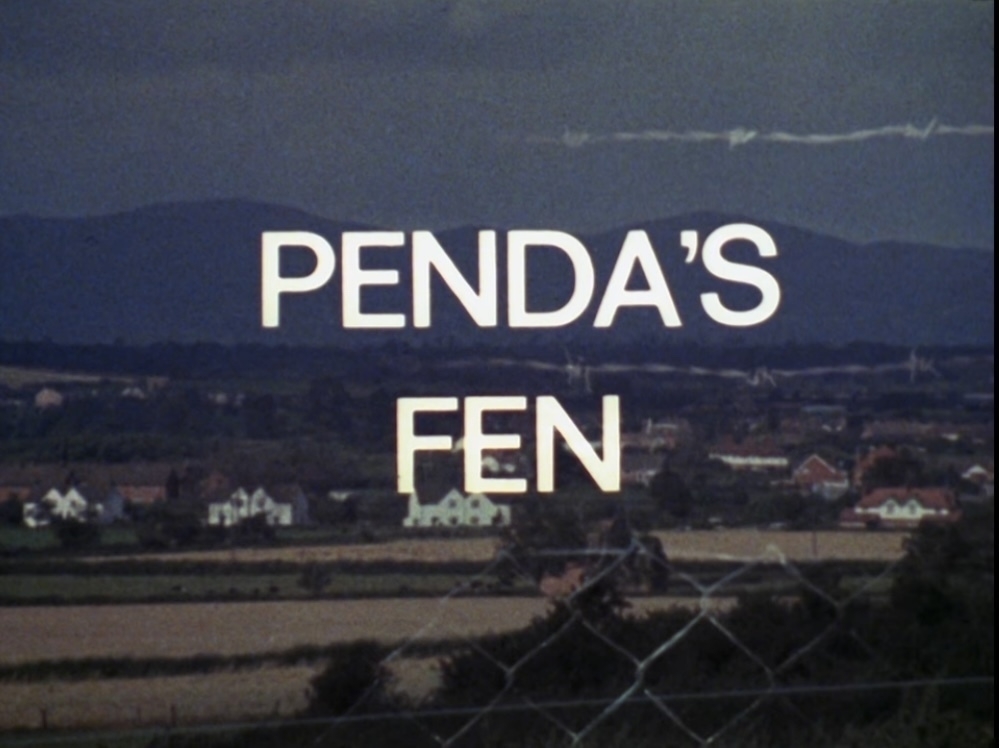You know what? The pickled kale is fantastic. Crisp and sweet and sour. It would be good on sandwiches or just by itself. Good use of a pound of kale from your garden.
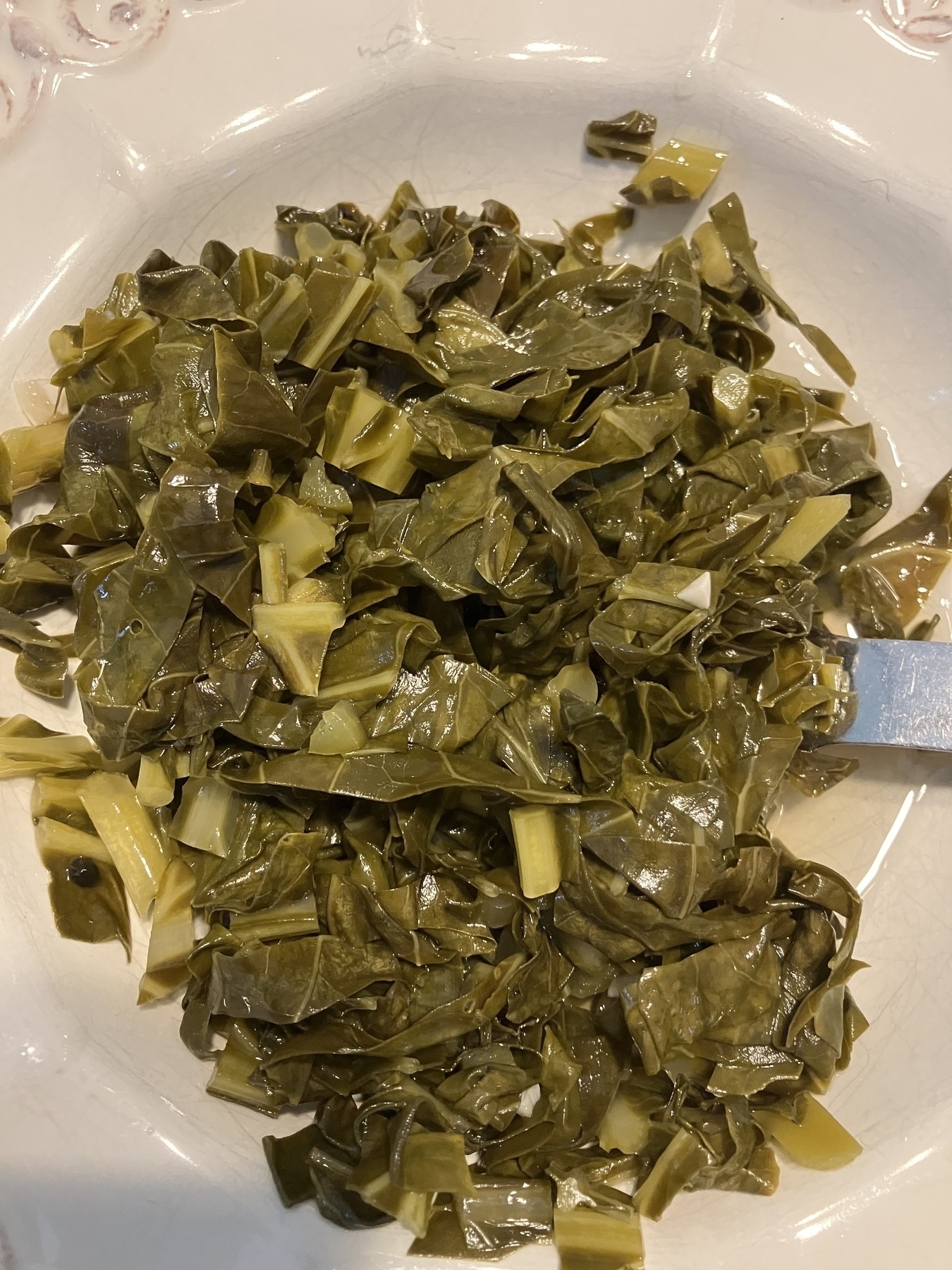
You know what? The pickled kale is fantastic. Crisp and sweet and sour. It would be good on sandwiches or just by itself. Good use of a pound of kale from your garden.

Today: pulling nails on salvaged, century-old 2x4s and listening to Colter Wall’s new album Little Songs.
The sunflower fully opened today
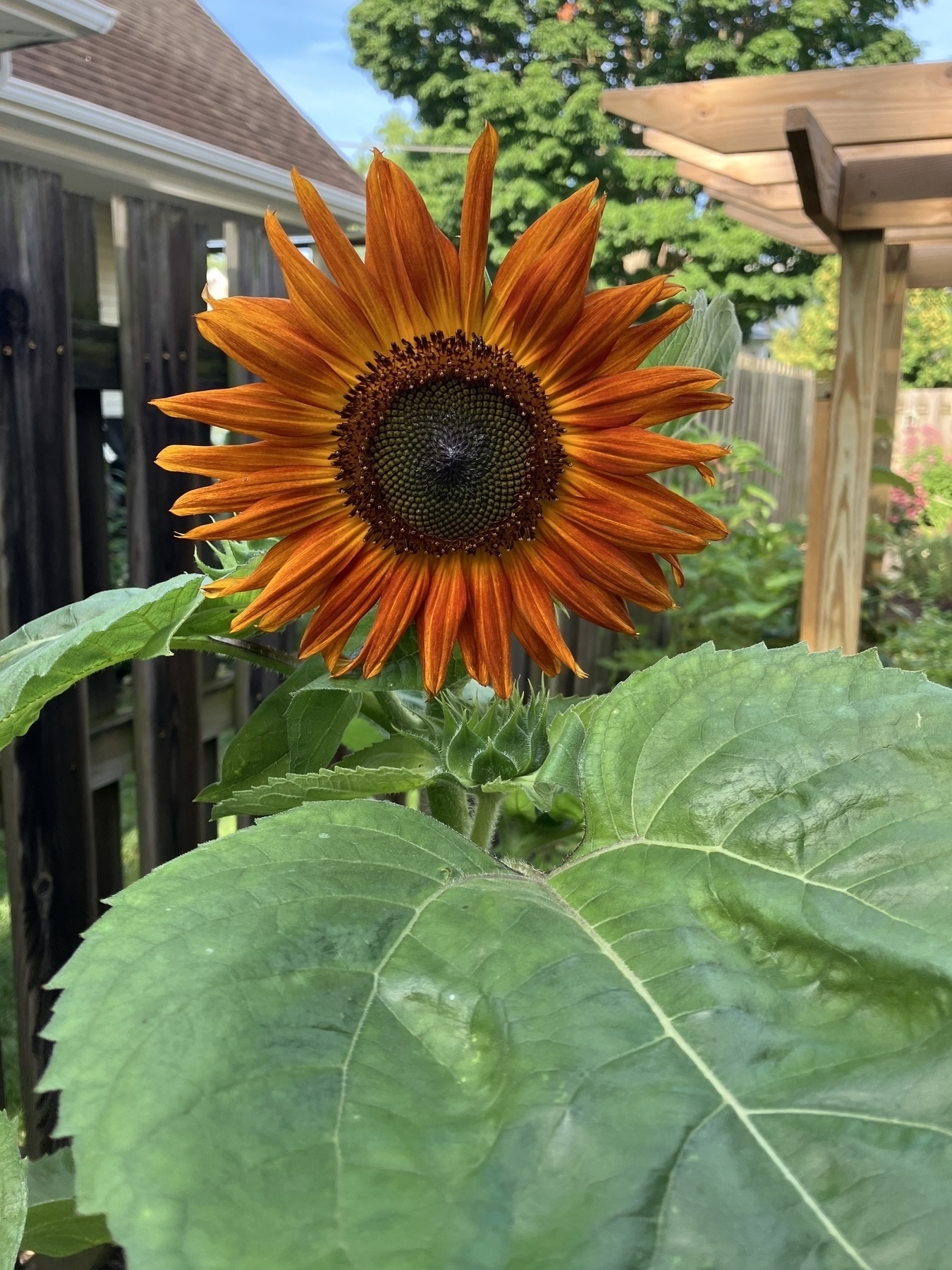
My current and upcoming reading pile 📚 What’s in yours?
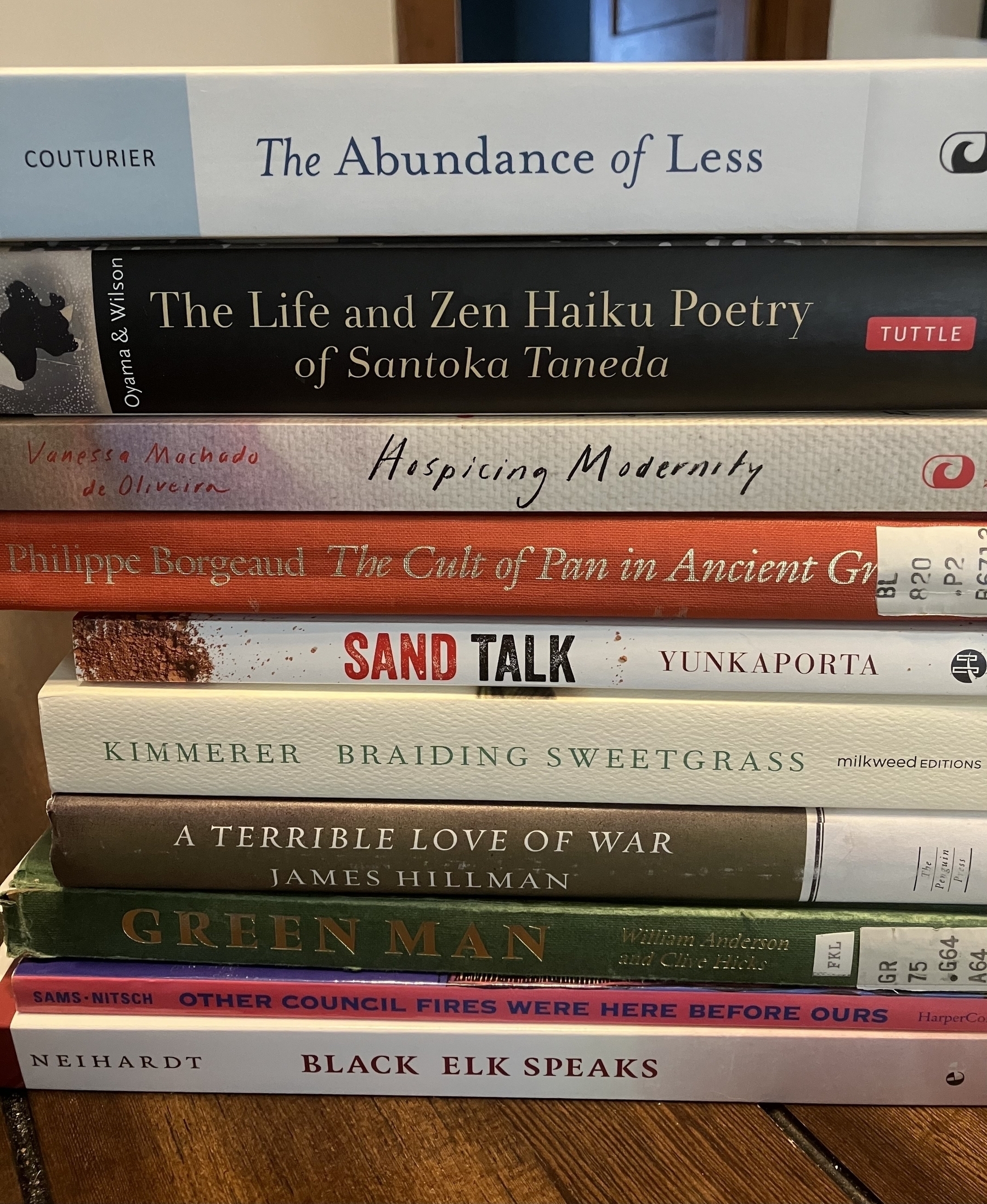
Attempting pickled kale, using this recipe. I added two cloves of garlic and a jalapeño. Now it sits in the refrigerator for two days.
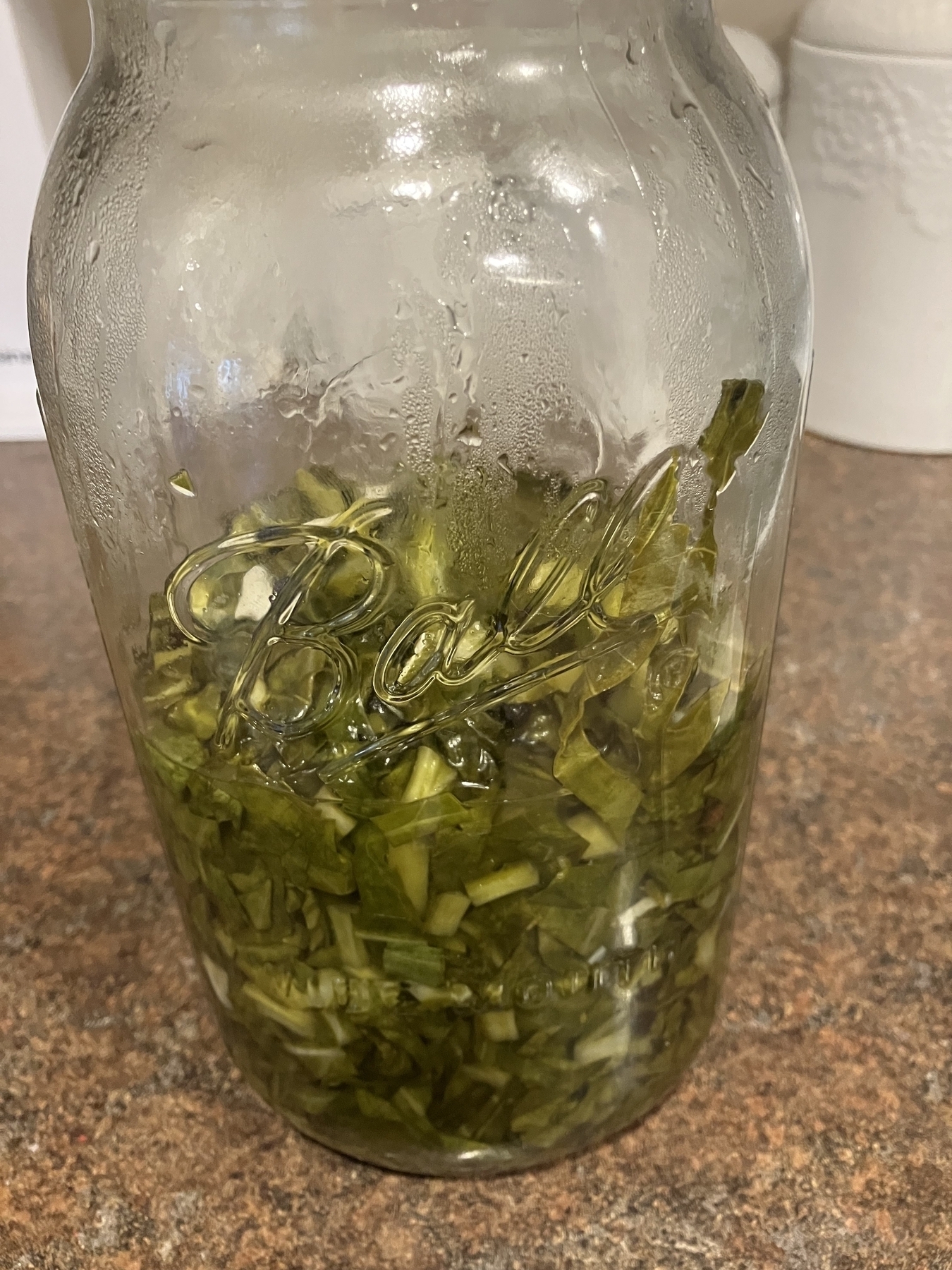
There has been some welcome talk here on micro.blog about practical actions people can take to reduce their contribution to climate change and our ongoing ecological disasters. There’s also, inevitably, been a lot of discussion about what “works,” whether it is wise to make demands on individuals when what we need is systemic change. And we most emphatically do need systemic change. Nothing I’m about to say should be interpreted as political quietism, though I won’t deny I’m pretty pessimistic in that regard.
I would like to add this to the conversation: right behavior does not calculate. This is something that is found in many wisdom traditions, from the Bible to the Stoics to (all hail, Tolkien!) Lord of the Rings. Is there anything more stirring than a person who does the right thing, damn the consequences?
I wonder if the spirit of calculation continues to assert itself in these conversations because climate change is consistently framed as a STEM problem by the technocrats. The whole discussion becomes one of a technological problem with technological solutions, rather than a moral failure that must be addressed by repentance and amendment of life followed by the establishment of right relationship with the more-than-human world.
What sort of person do you want to be? What do you love? These are the questions that should drive our behavior with regard to climate change and other human damage to our planet. Do you want to contribute to that damage? How will your ancestors and descendants judge your actions?
Now, I will not prescribe what “right action” will look like for you. I do things I wish more people would do—and I do things other people wish I wouldn’t do. I don’t know the circumstances of other people’s lives so I’m uninterested in judging. I can only say, as the torso of Apollo said to Rilke, you must change your life.
Listen to your conscience. Do what you can—and maybe a little of what you think you can’t. Meet the challenges of your time in such a way that you can, like Théodon, stand among your ancestors without shame.
Chai update: after making Chetna’s recipe and finding it lacking in flavor (which could very well be my fault!), I got a package of Tazo organic chai, which isn’t any better. (By the way, the chai at Anyetsang’s Little Tibet in Bloomington is wonderful.) Next up: Black Lotus Chai.
Black Sabbath playing “War Pigs” live. Still one of the greatest anti-war songs. (That drummer, folks. They don’t make them like that anymore.)
Rachel got a great video of a bee enjoying one of the zucchini blossoms.
Penda’s Fen, folks. I never heard of this movie before yesterday and now I can’t get it out of my head. Pagan, anarchist, localist, seventies British folk horror. There’s so much going on in it.
